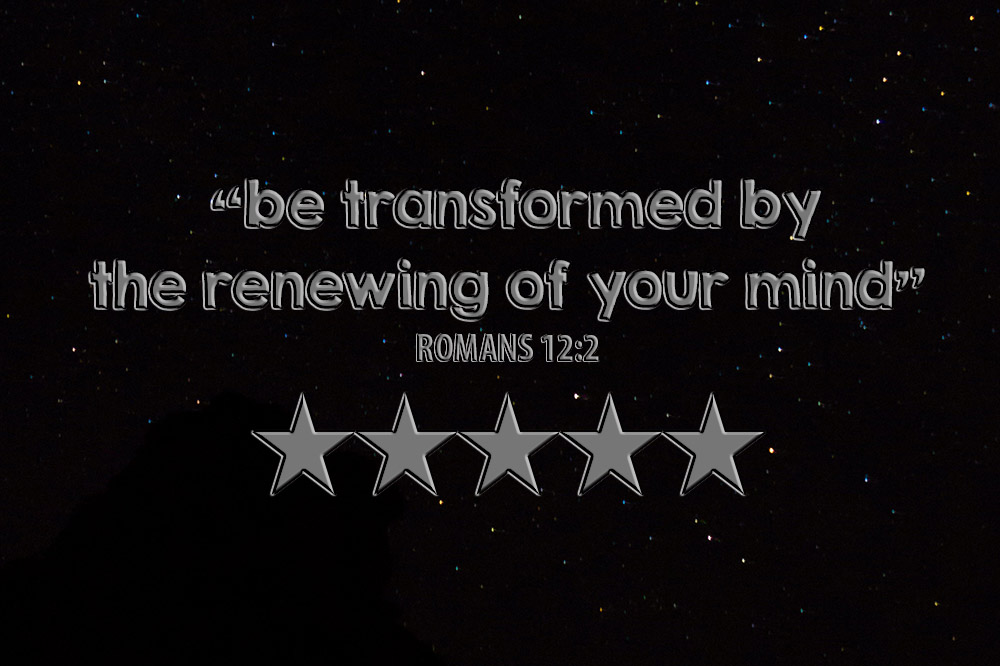The parable of the prodigal son in Luke 15 is well known. But what does it reveal about the character of God as our Father?
by rev. Brahm Robinson
The parable of the prodigal son is perhaps one of the most famous stories Jesus ever told. Yet, it’s more than just the story of one wayward child—it’s actually about a father and two lost sons. And at its heart, it paints a vivid picture of who God is as our loving Father. In fact, this parable might better be titled “The Parable of God, Our Loving Father.” We find it in Luke 15:11–32.
Why did Jesus tell this parable?
Jesus told this story in response to the grumbling of the Pharisees and scribes, who were upset that tax collectors and sinners kept coming to hear Him. Through this parable, Jesus invited them to see the tax collectors and sinners in the younger son—and to see themselves in the older one. He was making it clear that both groups were far from God’s kingdom, just in different ways.
The younger son wanted to leave
As the story goes, the younger son demands his inheritance from his father, essentially saying, “I wish you were dead.” He doesn’t want a relationship with his father—just his share of the goods. He’s not willing to wait; he wants it now.
He takes the money and wastes it all living recklessly and ending up in total ruin. In the end, he has nothing left, not even dignity. In the far-off land, he is a nobody. There’s no love there, and without his father, he has no identity.
Eventually, he comes to his senses. He realizes that life apart from his father has become a form of slavery. And so he decides to return—not with demands, but with a heart of repentance.
That is the essence of true repentance: a desire to simply be in the Father’s presence again. But how would his father respond after all he had done?
The younger son comes home
Jesus describes the father’s response in a powerful way: “While he was still a long way off, his father saw him.” The wording suggests that the father had been watching, waiting, longing, for his son’s return. And when he sees him, he is filled with compassion.
Here comes the stunning moment: The father doesn’t wait for the son to reach him. He doesn’t shout or shame him. He runs to meet him—embracing him, kissing him over and over, before the son can even speak his rehearsed apology.
A cultural backdrop: The Kezazah ceremony
In their culture, a returning son who had squandered his inheritance among Gentiles might have faced the Kezazah ceremony. Villagers would break a pot at his feet, symbolically cutting him off from the community—publicly shaming and rejecting him before he could even reach his home.
But knowing this, the father runs. In Middle Eastern culture, a dignified man—especially the head of a wealthy household—would never run. But this father does. He runs to intercept his son before the community can shame him, protecting him from rejection.
The father’s response to the younger son
The father takes the initiative. He covers his son’s shame with love. He doesn’t care that his son smells like pigs. He embraces him and restores him—giving him the best robe, a ring (a sign of restored status), and prepares a feast with the fattened calf.
He doesn’t wait for the son to grovel. He doesn’t lecture. He forgives—fully and joyfully.
The parable points to Jesus Christ
In this parable, we see the heart of the gospel. The father doesn’t allow the son to bargain for a servant’s role because God doesn’t accept “hired servants” in His family.
So often, when we come back to God, we try to earn His favour again: “Let me work my way back. Let me prove myself.” But God won’t allow that—because we can’t. We’d only mess up again. He receives us not because of what we do, but because of what Jesus has done.
God has no hired workers. He has only sons and daughters – welcomed and adopted through the work of Jesus Christ.
You cannot remain unmoved by the way God reveals Himself here: compassionate, gracious, patient, and overflowing with love.
The older son’s reaction
This same love is shown even to the older son, who wants nothing to do with the celebration. He sees himself as a slave, not a son—resentful that his brother is welcomed back. His heart is revealed when he longs not for his father, but for a party with his friends.
Yet the father comes to him, too. He reminds him, “You are always with me, and all I have is yours.” The father pleads with both sons—because His love reaches out to all who are far off, whether in rebellion or in pride.
Find your joy in your loving Father
Through Christ, God has adopted us as His children. That means His grace is greater than our sin. He hasn’t made us servants—but sons and daughters, called to live in love with Him.
Our greatest joy, then, is not in what God gives us, but in God Himself. Our joy is in knowing Him—as our loving Father.
I will be a Father to you, and you will be my sons and daughters, says the Lord Almighty.
2 Corinthians 6:18





